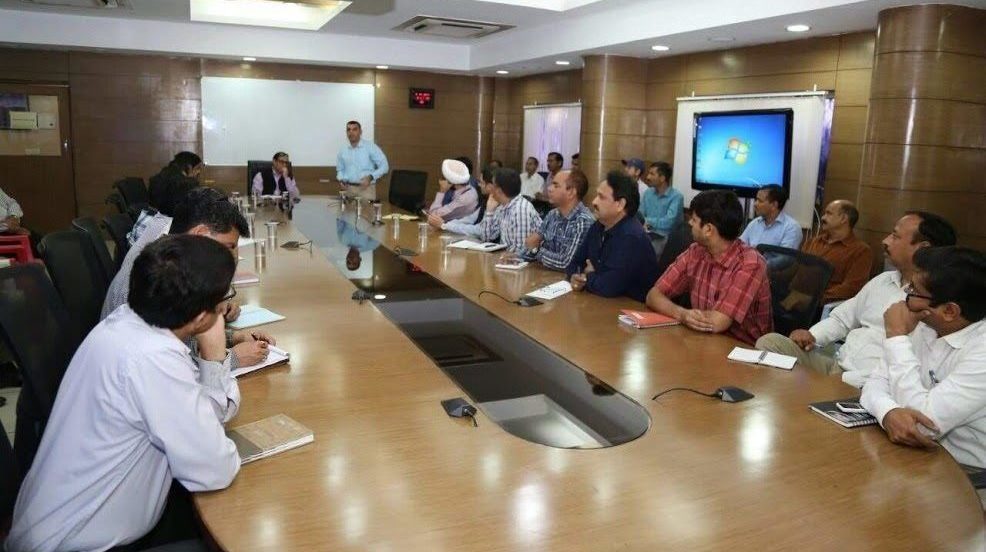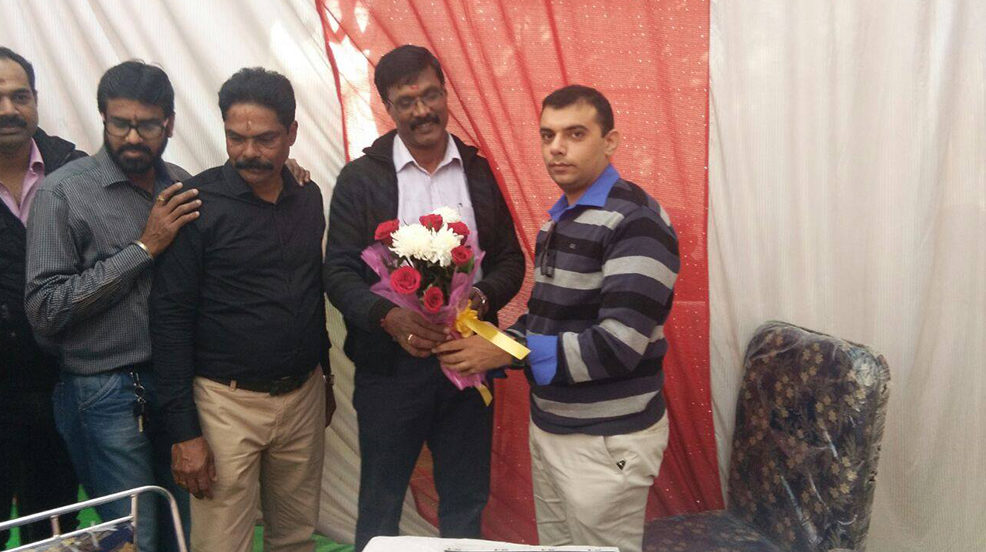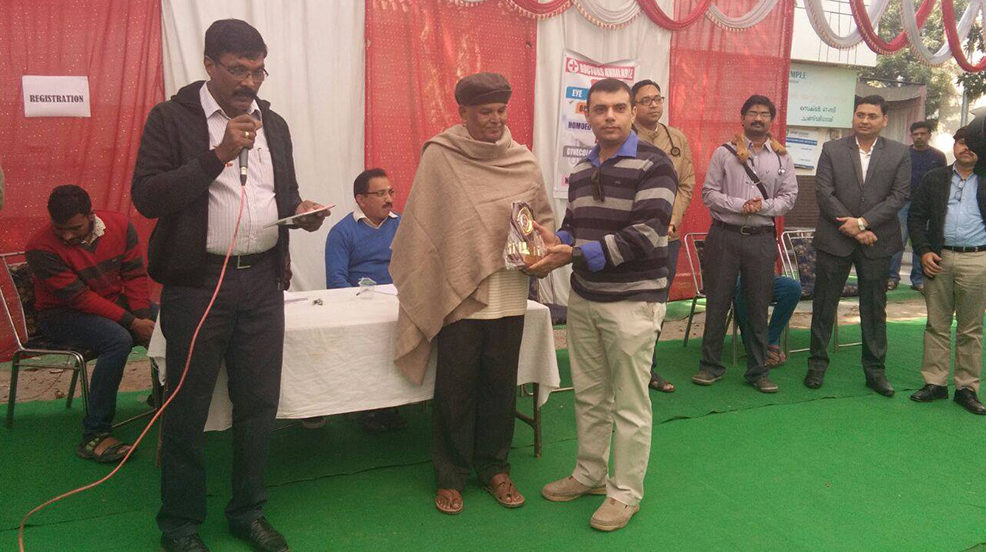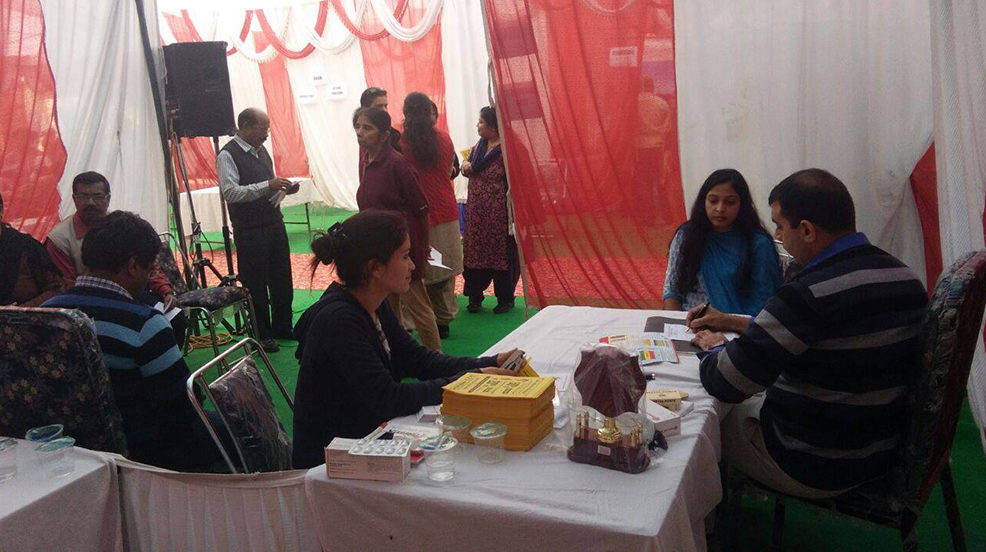Arthritis is the leading cause of pain and disability globally. Many people with arthritis may have chronic pain. This pain lasts three to six months or longer, whereas arthritic discomfort might last a lifetime. It could be continual or intermittent.
Chronic pain is a common symptom of arthritis and related diseases in many people. Arthritis pain can persist for a lifetime, although discomfort lasting three to six months or more is considered chronic. It could be continuous or sporadic. Daily tasks like clothing, taking care of your children, and cleaning the house might be difficult to complete when you are in chronic pain.
There are various approaches to effectively treat persistent arthritic pain. You can consider these suggestions that can help you recover and gain insight from those who have endured persistent pain due to arthritis.
Adhere to your medication regimen
Arthritis pain and inflammation can be managed with prescription and over-the-counter medications your doctor has prescribed. Consult your physician if you cannot take your prescription due to adverse effects or financial difficulties.
Do exercise
Exercises that help control weight, such as yoga or walking can help improve flexibility, balance, strength, and arthritis pain. It is important to consult your physician if you are new to exercise to see what could be best for you. You will feel more energised and your sleep may improve with exercise.
Be positive
Positivity dramatically increases pain tolerance in many individuals with persistent arthritis pain. Try not to succumb to discomfort. Try to distract yourself from it. To stay positive, engage in activities you find enjoyable. You can also consult a physician to learn about how breathing exercises, meditation, and hypnosis help you manage your pain.
Make lifestyle changes
Being overweight can increase arthritis pain and lead to more complications from the condition. The best way to control weight is to make small, long-lasting lifestyle adjustments that lead to progressive weight loss.
Things you need to avoid if you are suffering from arthritis
Excessive treatment
If you find yourself taking over-the-counter painkillers regularly, consult your physician.
No treatment
If you feel persistent, severe arthritis discomfort, do not ignore it. You need medication to treat any joint injury or inflammation.
Only focused on pain
People with arthritis are at increased risk of experiencing depression. Using antidepressants and other medicines to treat depression helps patients feel less depressed and have less pain from arthritis.
Thus, if you are coping with arthritis symptoms and pain, these tips can help you. Are you seeking Arthritis Specialist in Chandigarh? Look no further than Dr. Manu Mengi. He is committed to providing personalised care for individuals dealing with arthritis. With his compassionate care and dedication to improving the quality of life for arthritis patients, he incorporates the latest developments in the management of arthritis.
If you are looking for personalized Arthritis Treatment in Chandigarh, schedule an appointment with Dr. Manu Mengi. He is devoted to alleviating the impact of arthritis on your life.





